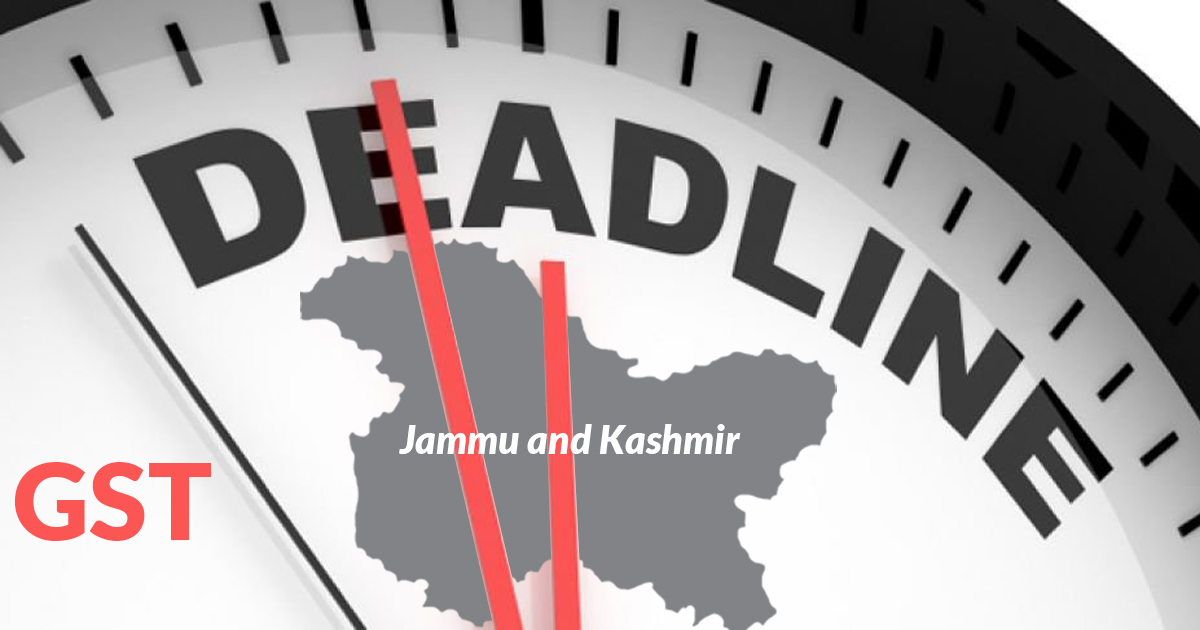Finance Minister of Jammu and Kashmir Haseeb Drabu on Monday has decided the operational target, traders in the state are required to migrate in the new regime by mid of August as well as he provided the guidance to the administration to implement the new regime successfully.
While addressing the meeting Finance Minister Haseeb Drabu said, “The biggest deterrent in the implementation of GST was the apprehension within the business community about an erosion of the state’s fiscal autonomy which has been taken care of,” he said during a meeting. He said, “Now, the government functionaries at district level must take traders, businessmen, small scale industries and consumers on board for smooth transition from VAT to GST and they should achieve these targets by mid-August,”
Read Also: GST Registration/Enrollment Guide for Service Tax Assessees in India
For the successful implementation of the new indirect tax regime in the state, he provided the guidance to the district administrations. He also said that “All stakeholders should register for the GST which is not just a tax number but business identification number that will strengthen the trade and establish them within their respective sectors, market places and consumers.”
To implement the new indirect tax regime successfully in the state, he has communicated to the district administrations to conduct regular awareness programs, workshops, and orientation programs. Apart from these, he also directed to find out the major issues faced by the people in transmitting in the new regime and try to solve them as soon as possible.
Drabu said, for further deliberations, major issues, and concern can bring down in the front of finance secretary or chief secretary. The state is transmitting from old tax regime (Value Added Tax) into the new GST regime, to stabilise things it would take nearly six to eight months.
Recommended: Necessary Points Towards Making Your Business GST Compliant
While answering to the problems of traders related to the lack of technically proficient people in the districts, he replied that the new indirect tax regime is a self- assessment model in which only five percent of total businesses can be accounted. Drabu said, one of the biggest confusion in the new Goods and Services Tax Regime, an individual have to file three returns in a month whereas traders have to file only one return in a month and the other two is automatically generated by the system.
The state government has also planned to run ‘khidmat‘ (help) centres to help local traders and simplify the complicated taxation structure, said Finance Minister.









